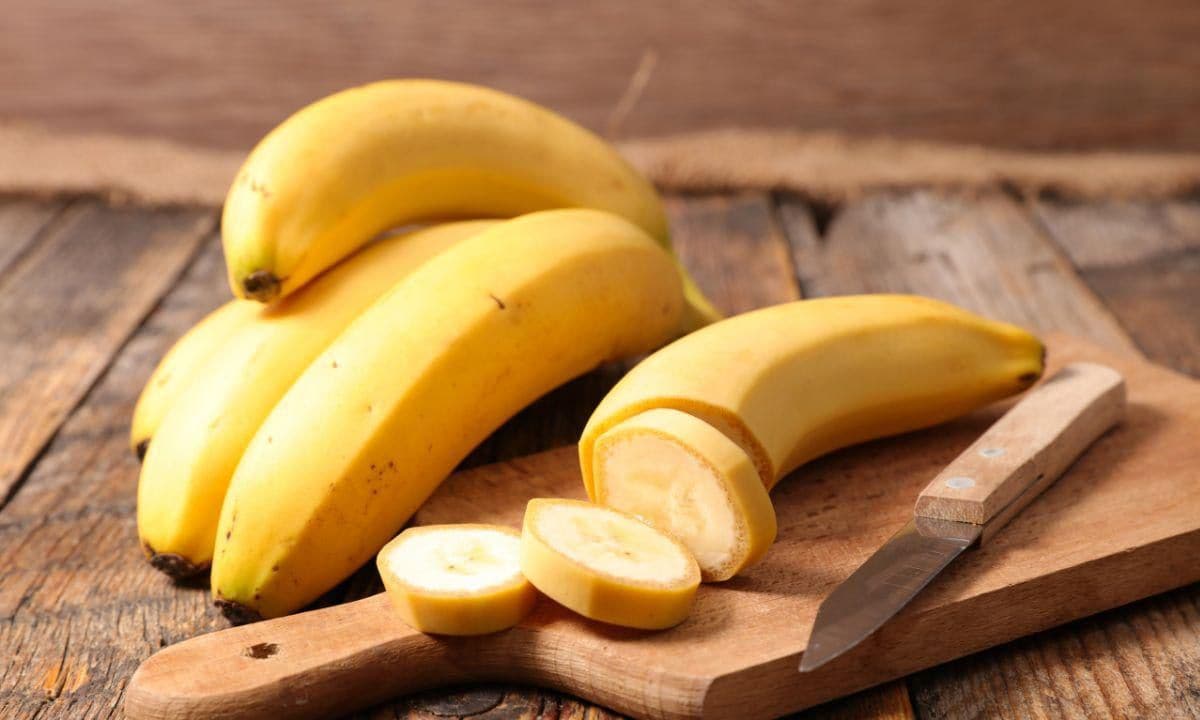Sluggish, stiff, bloated... not exactly how you want to feel during the summer when you’re ready to hit the beach or the pool in your new swimsuit. But these are some of the dreaded symptoms associated with water retention – something which can ruin your mood no matter how nice a day it is outside. It can make you feel uncomfortable and irritable, not to mention giving you those swollen ankles or fingers that mean you may not be able to accessorize with your favorite shoes or rings.
Here’s what causes water retention – and, more importantly, how you can get rid of it!
What is Water retention?
Water retention (or edema) occurs when fluid isn’t removed from the body tissues, including the skin. There are two types of edema: generalized, which is all over your body, or localized, in particular parts of your body.
Symptoms There are many symptoms of water retention, but the swelling of your body parts, particularly ankles, feet and hands, and feeling stiff and ache are common ones. See below for more symptoms.
- Bloated stomach
- Feeling stiffness or aching
- Weight fluctuations
- Joints may feel stiff
- When pressed the skin may hold the indent for a few seconds
- Causes Numerous causes can be behind water retention, particularly in the summer months. For example: Hot weather. The body tends to be less efficient at removing fluid from tissues in the summer months
- Gravity, such as when you stand for long periods of time
- Burns, including sunburn. Your skin retains fluid and swells in response to burn injuries
- The birth control pill can trigger fluid retention
- Hormones associated with your menstrual cycle
- Dietary deficiencies, such as insufficient protein or vitamin B1
- Medications. Certain drugs including high blood pressure medication, corticosteroids and non-steriodal anti-inflammatory drugs include water retention as a side effect
- Chronic venous insufficiency, weakened valves in the veins of the legs
- High salt intake
- Pregnancy, because because your body’s hormones encourage it to hold on to excess fluid
Are there treatments for water retention?
There are many small changes, particularly when it comes to diet, to help you prevent fluid retention.
Here are 16 things you can start doing today to beat this!
1. Eat more bananas! They are rich in potassium which helps to eliminate fluid retention
2. Step up your protein intake. Eating more protein encourages your body to shed excess fluid
3. Adjust medication you are taking, or the dosage, but of course, talk to your doctor first!
4. Add more cabbage, cucumber, parsley and salad leaves to your diet. They are natural diuretics
5. Try calcium, magnesium, manganese, evening primrose oil or chaste tree, all helpful supplements to try to prevent water retention
6. Cut back on dehydrating drinks such as coffee, tea and alcohol
7. Drink cranberry juice for its mild diuretic properties
8. Drink more, yes more, water. When you don’t drink enough, your body doesn’t know when it will get more so it retains the water it has.
9. For women: check your menstrual calendar as you may be retaining water for specific period of time during your monthly cycle
10. Keep a food diary and make connections between certain foods and times of bloating/swelling
11. Cut high sodium foods out of your diet. Salt absorbs water and causes water retention
12. Eat a healthy, balanced diet that contains a lot of vegetables, grains and other high-fiber foods
13. Watch your vitamins and minerals! Deficiencies in protein, calcium, magnesium and vitamins B1, B5 and B6 may lead to problems with water retention
14. Exercise has been known to help control water retention – try to do at least 20 minutes a day
15. Lie down and sit with your feet elevated when resting and taking breaks. Standing or sitting all day can cause fluids to drain into your feet and legs
16. Use essential oils when taking baths or going for massages, including lavender, rosemary, geranium and cypress
Water retention could be a sign of a serious medical condition such as heart, kidney or liver disease, so if you are concerned or if symptoms persist, you should consult your doctor.
,type=downsize)
